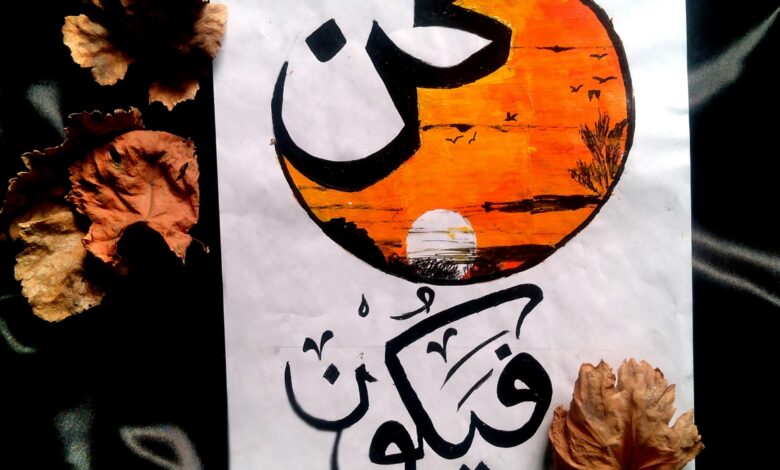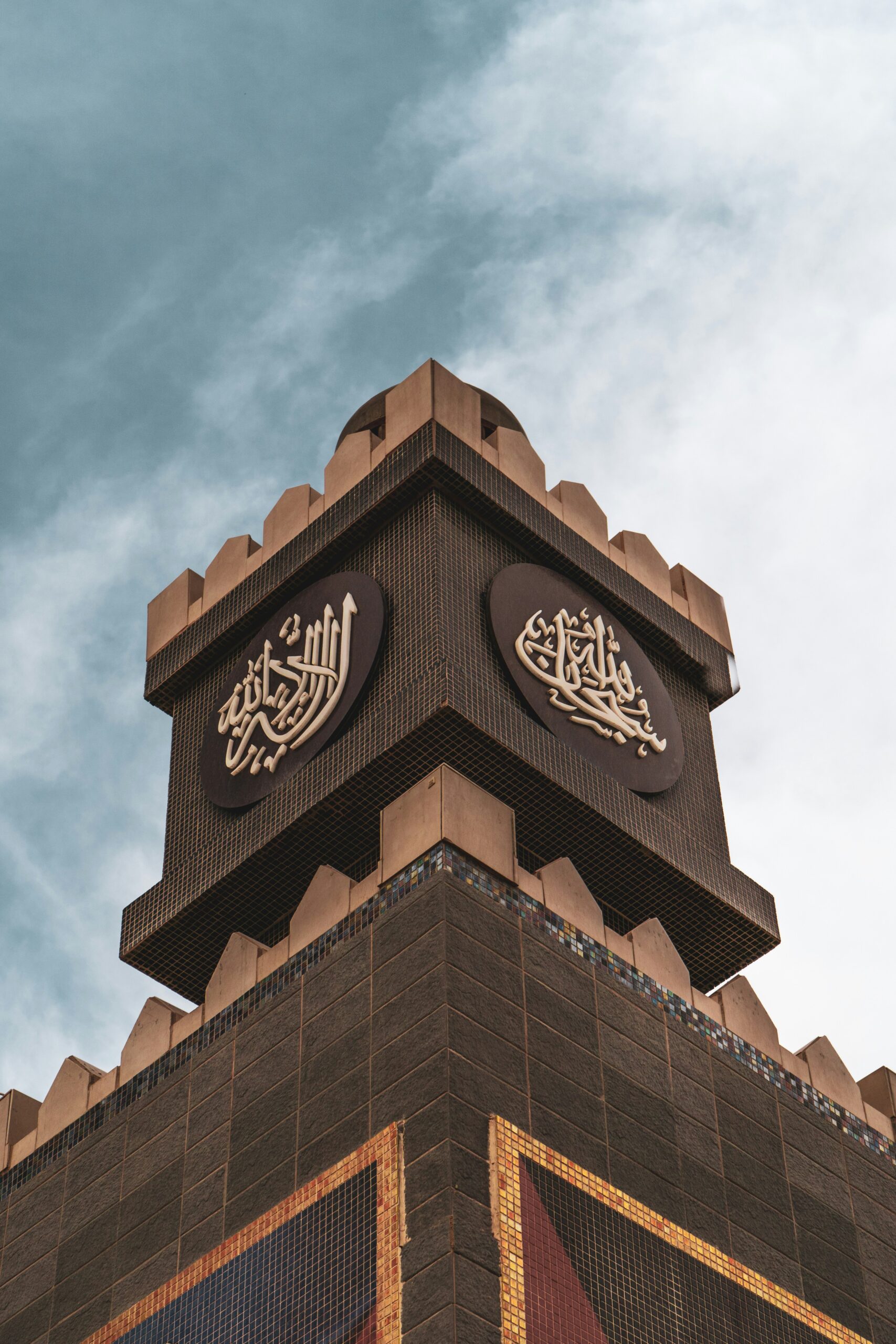The Impact of Arabic Translation in the Tourism Industry
Unlocking the Power of Arabic Translation in Tourism 🗺️

Arabic translation plays a crucial role in the global tourism industry, facilitating communication and enhancing the travel experience for millions of Arabic-speaking tourists. As one of the most widely spoken languages in the world, Arabic holds significant economic potential for destinations seeking to attract visitors from Arabic-speaking countries. In this article, we explore the profound impact of Arabic translation on the tourism sector, examining its role in promotion, marketing, customer service, and overall visitor satisfaction.
Enhancing Accessibility for Arabic-Speaking Tourists
In the realm of global tourism, catering to diverse linguistic backgrounds is paramount. Arabic translation plays a pivotal role in enhancing accessibility for Arabic-speaking tourists, thereby fostering inclusivity and broadening the reach of tourism initiatives. Here’s how:
Language Barrier Mitigation:
Arabic translation services break down the language barrier that often impedes seamless communication between tourists and local service providers. By translating essential information such as travel guides, signage, menus, and accommodation details into Arabic, tourists from Arabic-speaking countries feel more confident and comfortable navigating unfamiliar destinations.
Facilitating Travel Planning:
Effective Arabic translation extends beyond basic communication to encompass comprehensive travel planning support. Websites, brochures, and promotional materials translated into Arabic enable prospective tourists to research destinations, understand cultural nuances, and make informed decisions about their travel itineraries. This empowerment contributes to a positive pre-travel experience and encourages more Arabic-speaking individuals to explore new destinations.
Ensuring Legal Compliance:
In regions where Arabic-speaking tourists frequent, legal compliance often necessitates providing essential documents and information in Arabic. From visa applications to safety instructions, accurate translation ensures that tourists understand their rights, responsibilities, and safety protocols during their travels. Compliance with such regulations not only enhances tourists’ confidence but also prevents potential legal complications for tourism operators.
Tailored Cultural Experiences:
Arabic translation in tourism promotion extends beyond mere linguistic conversion; it encapsulates the essence of cultural exchange. By providing translated materials that resonate with Arabic-speaking audiences, tourism initiatives can tailor experiences to align with cultural preferences and sensitivities. This personalized approach fosters deeper connections between tourists and destinations, enriching their overall travel experience.
Improving Customer Service:
Arabic translation facilitates effective communication between tourists and service providers, improving customer service standards. Whether it’s addressing inquiries, resolving issues, or providing recommendations, the ability to converse in Arabic enhances customer satisfaction and fosters positive reviews and referrals. Such personalized attention contributes to a favorable reputation for destinations and encourages repeat visits.
Leveraging Digital Platforms:
In today’s digital age, Arabic translation plays a crucial role in online tourism promotion. Optimizing website content, social media posts, and digital advertisements in Arabic enhances visibility among Arabic-speaking audiences, driving engagement and conversion rates. Incorporating Arabic keywords and phrases in SEO strategies ensures that tourism-related content ranks higher in Arabic-language search queries, further expanding reach and accessibility.
Promoting Cultural Exchange:
By facilitating meaningful interactions between tourists and local communities, Arabic translation promotes cultural exchange and mutual understanding. When tourists can engage with locals in their native language, barriers dissolve, and authentic connections flourish. This fosters a spirit of hospitality, tolerance, and respect, enriching the overall tourism experience for both visitors and hosts alike.
Translating Website Content and Social Media Posts
Accurate Arabic translation in marketing materials is indispensable for effectively reaching Arabic-speaking audiences. When it comes to website content and social media posts, precision is paramount. Here’s why:
Enhancing Online Visibility:
Translating website content and social media posts into Arabic significantly enhances online visibility among Arabic-speaking audiences. By incorporating Arabic keywords and phrases strategically, marketers can optimize their digital presence, ensuring that their content ranks higher in Arabic-language search engine results. This increased visibility maximizes exposure and attracts more Arabic-speaking users to engage with marketing materials.
Broadening Audience Reach:
Arabic translation broadens the audience reach of marketing materials, tapping into a vast demographic of Arabic-speaking consumers. Whether promoting products, services, or tourism destinations, ensuring that content is accessible and comprehensible in Arabic increases engagement and conversion rates. This inclusive approach acknowledges the cultural and linguistic diversity of global markets, fostering stronger connections with Arabic-speaking consumers and driving business growth.
Cultivating Brand Trust:
Accurate Arabic translation instills trust and credibility in marketing materials, signaling to Arabic-speaking consumers that a brand values their language and culture. When content is translated with precision, it demonstrates a commitment to clear communication and understanding, fostering positive perceptions of the brand. Trust is fundamental in consumer decision-making, and brands that prioritize accurate Arabic translation establish a solid foundation for long-term relationships with Arabic-speaking customers.
Facilitating Cultural Exchange:
Effective translation goes beyond linguistic conversion; it facilitates meaningful cultural exchange between brands and Arabic-speaking audiences. By adapting content to resonate with cultural sensitivities, beliefs, and preferences, marketers can establish deeper connections with Arabic-speaking consumers. This cultural relevance fosters authenticity and relatability, strengthening brand affinity and loyalty among Arabic-speaking audiences.
Amplifying Engagement:
Arabic translation in marketing materials amplifies engagement by enabling Arabic-speaking consumers to interact with content in their preferred language. Whether browsing a website, reading social media posts, or engaging with advertising campaigns, providing content in Arabic encourages active participation and dialogue. Increased engagement levels contribute to higher conversion rates and ROI, making accurate Arabic translation a valuable investment for brands seeking to expand their reach in Arabic-speaking markets.
